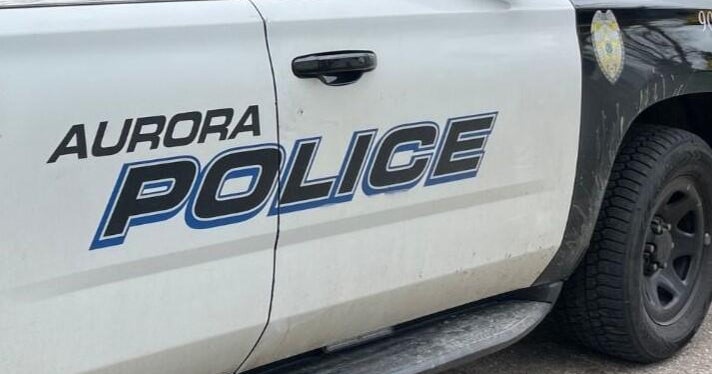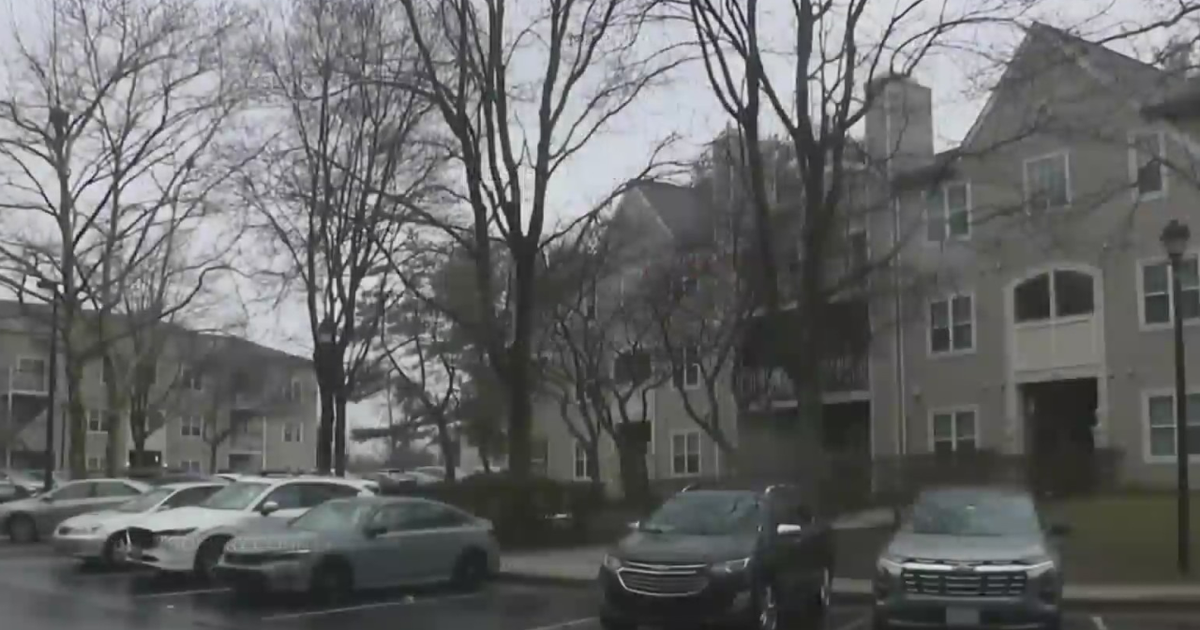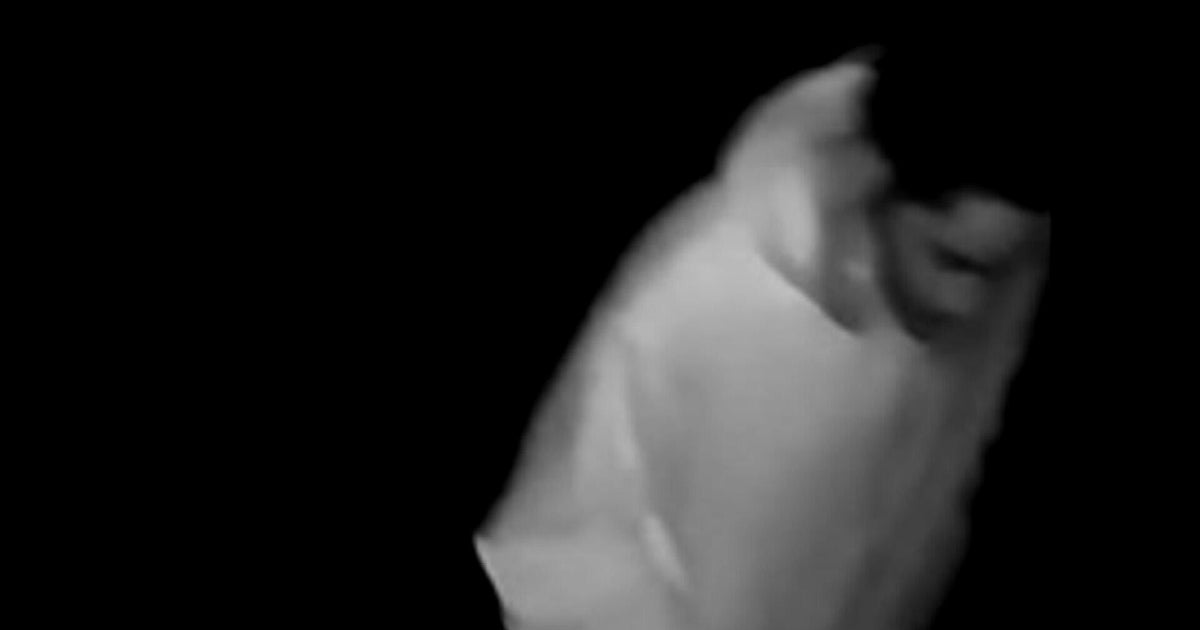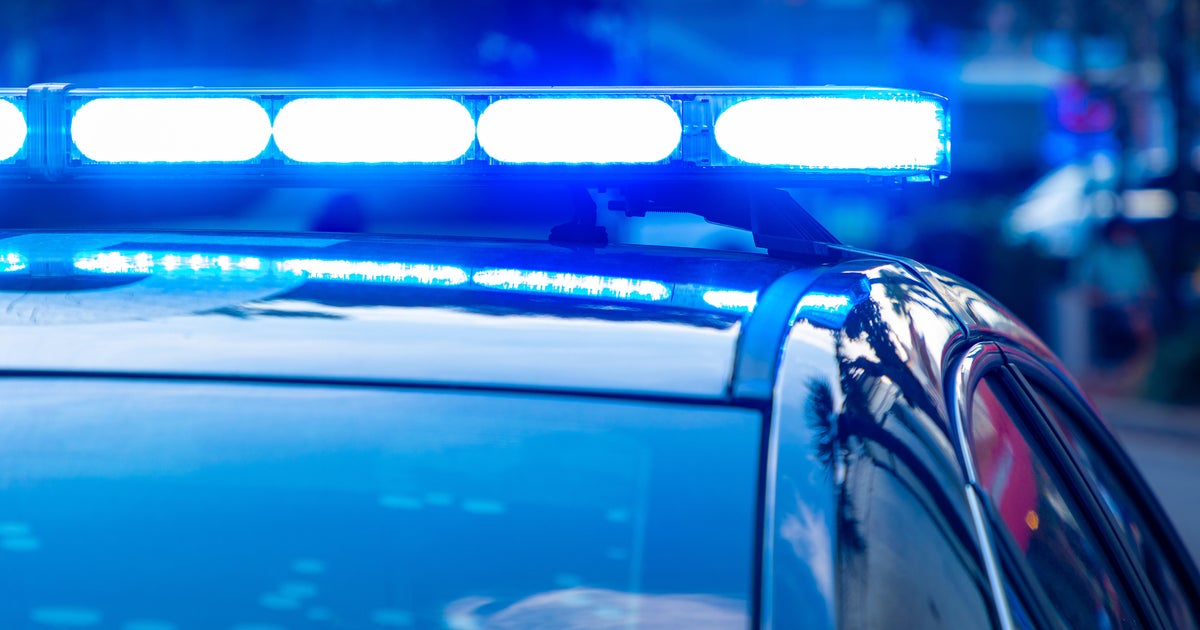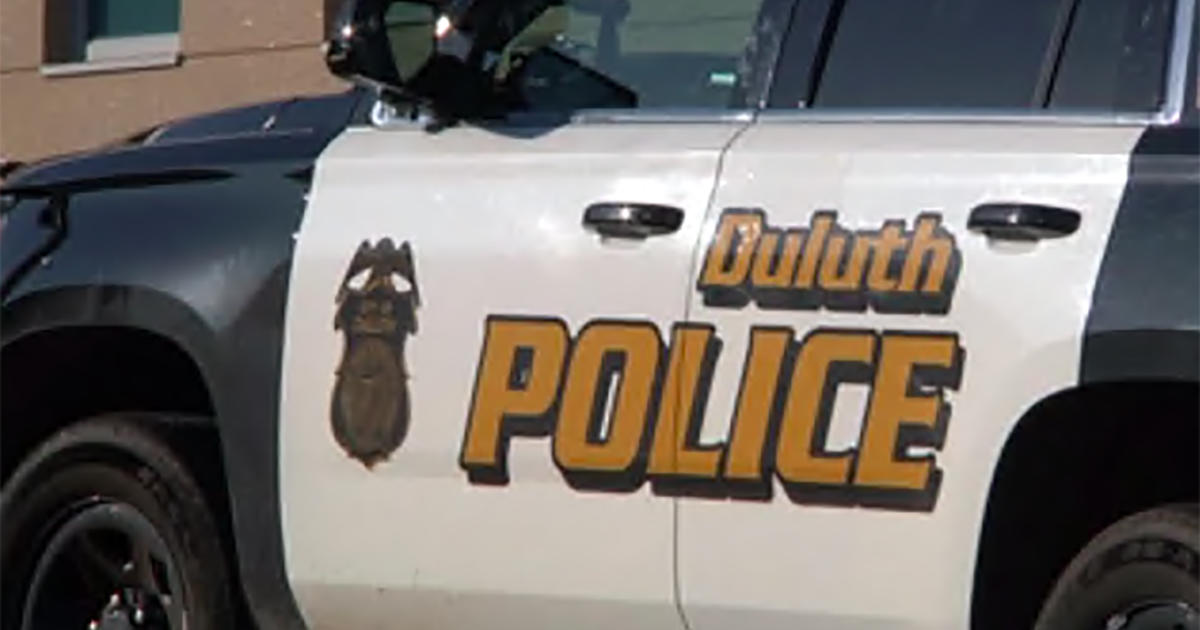Loyola Professor Detained For Videotaping Teen's Arrest
CHICAGO (CBS) -- A journalism professor at Loyola University says police detained him and erased the video he took of someone being arrested on CTA property this past weekend.
Professor Ralph Braseth, 53, has filed a complaint against a Chicago Police officer in connection with the Saturday night incident.
Braseth says around 9 p.m. Saturday, he was in the Red Line subway stop at Chicago Avenue, videotaping as two plainclothes police officers arrested a young man for jumping the turnstile.
Braseth had been shooting for a documentary about youth from poor neighborhoods flooding the downtown area on weekends. The teen who was arrested was part of a group he had just finished interviewing, the Loyola Phoenix reported.
But after a plainclothes officer caught Braseth videotaping the arrest, the officer handcuffed him too.
The Phoenix reports Braseth he told the officer he was a journalist at Loyola, and that the hoped the had "a pretty good reason" for taking him into custody.
Braseth was led in handcuffs to a squad car parked nearby on State Street, along with the teen who had jumped the turnstile, the Phoenix reported. The professor said he sat cuffed in the back of the squad for about 20 minutes while the officers searched and talked to the teen.
The officer who put the cuffs on Braseth then got back into the driver's seat and was told it was illegal to videotape police officers, the Phoenix repoted.
The Illinois Eavesdropping Act, which was approved last year, prohibits the recording of private or public conversations without the consent of all parties.
After checking Braseth's name for a possible record, he was released without charges and the handcuffs were removed. The officer who handcuffed him asked for his Kodak flip camera, found the clip and erased it, Braseth's Independent Police Review Authority incident report said.
A law enforcement source told the Sun-Times Media Wire that the Eavesdropping Act forbids audio recording of arrests or other situations involving police officers.
But Braseth did not agree that his actions violated the law. He told the Phoenix he did not record a conversation, but only videotaped an arrest being made from a distance, and thus, he had the authority to shoot the video.
Quoted in the Phoenix, former Cook County State's Attorney Dick Devine agreed with the assessment, saying he understood the Eavesdropping Act as preventing people from recording words, not capturing pictures.
In August, a woman was acquitted of a felony violation of the act, after she secretly recorded two police Internal Affairs officers while filing a sexual harassment complaint against a third officer.
Tiawanda Moore had said she didn't know about the Eavesdropping Act, but her attorney argued that she was protected under an exemption to the statute that allows such recordings if someone believes a crime is being committed or is about to be committed. She argued that the officers had been stalling and bullying her.
Following the Moore ruling, Ed Yohnka, spokesman for the American Civil Liberties Union of Illinois, said the verdict "reflects a repudiation of the eavesdropping law in Illinois. Clearly, the public believes that individuals should be able to record police engaged in their public duties, in a public space in an audible voice."
The ACLU has challenged the eavesdropping law in federal court.
The Sun-Times Media Wire contributed to this report.

